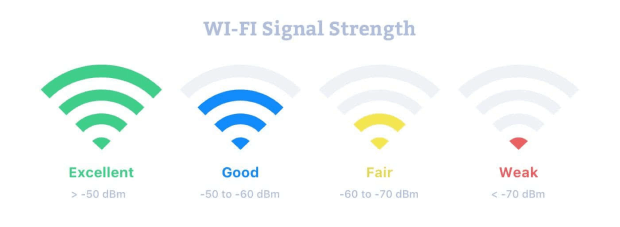
In the era of technological globalization, it’s commonplace for a man or woman or enterprise to earn earnings in a country aside than u. S. Of residence. Such an instance, in which you are resident in one United States but have the source of earnings in another, may also give rise to feasible double taxation.
In such mild cross-border transactions, the effect of taxation is a critical consideration to keep away from being subjected to tax twice. Here are a few statistics about Double Taxation that you (probably) did not know.
Double Taxation Avoidance Agreement (DTAA)
Double taxation refers to the taxation of the same profits of someone in multiple United States of America. This effect is because of countries following different policies for taxation, specifically,
# Source rule: The Source rule holds that profits are to be taxed inside the country in which they originate, no matter whether or not you’re a resident or non-resident.
# Residence rule: The residence rule stipulates that the power to tax must rest in the country in which you reside.
The governments of the two nations enter into a DTAA, which lays down the policies for taxation with the aid to the source United States and the residence United States of America. Each category of income includes dividends, hobbies, capital gains, costs for technical offerings, royalties, etc. It is defined with the aid of a rule for granting relief to the taxpayer.
DTAA in India
India follows the house rule of taxation; you will be taxed on the basis of your residential status. The Income Tax Act provides for double taxation alleviation with the aid of Bilateral and Unilateral Relief.
Bilateral Relief [Section 90]-
India has signed Double Taxation Avoidance Agreements with more than eighty nations, such as the UK, China, France, Germany, Canada, and so forth.
There are ways in wherein such a remedy is granted:
# Exemption approach: Income is taxed in only one of the countries o, or each of the 2 countries, taxably a certain selected component
# Tax credit score method: Income is taxable in each international location as in line with their respective laws, and you’re allowed a deduction from the tax payable within u.The U.S.A. Of the residence of part of the tax paid within the supply United States Taxability – Such income will be added to your overall earnings chargeable to tax in India, and a remedy shall be granted by the approach for the avoidance of double taxation as provided in such agreement. You can claim rea medy by applying the provisions of either the treaty or the domestic law, whichever is beneficial.
It is crucial to be aware that a particular provision of the DTAA will prevail over the general provision of the Income Tax Act. However, if there’s no specific provision within the treaty, the Income Tax Act shall obapplyFor example, Simran earns foreign income for technical services in a rustic India that has a DTAA.
IRS Provides More Opportunities for Foreign Income Tax Compliance
Unreported and untaxed overseas incomes remain the most to the IRS tax gap. This is specifically because of the reality that the IRS no longer has all records approximately the incomes being made by U.S. residents. However, the tax authority has multiplied its international networks and heightened its surveillance on such incomes to slim this gap.
Compliance Requirements for Those with Foreign Incomes
Every taxpayer who makes earnings outside of U.S borders is required to pay taxes on such income incomes encompassing employment earnings, funding income, hobby on, retirement finances, nd bank balances, and business profits. There are numerous tax remedy possibilities that you can take advantage of to lessen the amount of tax to pay on these earnings. Besides paying tax atonhe the taxpayers who meet a given threshold must document their overseas economic transactions. This disclosure is accomplished at the FBAR Form by the end of the following year.
OVDP Opportunities
The IRS has also come up with numerous tax amnesty opportunities for people who don’t comply with their foreign countries. In 2009, 2011, and 2012, the IRS introduced amnesty applications dubbed the Overseas Voluntary Program (OVDP). The OVDP possibilities have permitted individuals with foreign earnings who had previously reported incomes or paid taxes on the earnings to do so at greater beneficial terms. These amnesty possibilities waive a part of the consequences of non-taxed foreign incomes in exchange for disclosure. In those applications, the taxpayer might pay a percentage of the stability in their overseas account in Trexchange, ensuring complete compliance. Taxpayers who might lose more if they opted for these OVDP packages might have the possibility of decoptingt of the program and getting into compliance regularly.
The IRS has had enormous success with those OVDP applications, which is why they have persisted in introducing newer versions of the program nearly annually. However, each subsequent application has had more punitive penalties in a bid to encourage taxpayers to conform sooner rather than later.
New Amnesty Program
In a bid to make the amnesty application even more permanent, the IRS has, in September of 2012, added a new IRS process for foreign earnings compliance. The regulations are discovered in the IR-2012-65 IRS announcement. According to this new rule, taxpayers with overseas incomes can report an amended return for the past 3 years and publish unfiled FBAR returns for the past 6 years with little to no consequences. Though this new technique is not as attractive as the OVDP applications, it gives taxpayers with delinquent overseas profits taxes an opportunity to confirm going ahead.












